Dried fruits are a very tasty and nutritious food, containing many simple sugars and are high in calories.
Drying preserves the qualities of the fruit much more than canned fruits, while reducing the water content.
Therefore, dried fruits are full of healthy substances. For example, just 50 grams of dried cherries can satisfy the body's daily need for cobalt, vitamin B6 and magnesium, and a few dried apricots - for potassium and iron.
If you consume 5 prunes, dried figs or dried apricots per day, you will forget about your stomach problems, because the fibers they contain will certainly regulate the gastrointestinal tract.
Drying Fruit at Home
The purpose of drying is to reduce the amount of water by heating and thus prevent the development of bacteria that spoil the food.
To do this, you need to select ripened and healthy fruits. If there are any damaged parts, they must be removed.
Wash, sort and cut the fruits into thin slices. Cutting the fruits allows dry air to circulate and dry the surface of the fruit first. The higher the water content in the fruit, the larger the pieces you should cut it into.
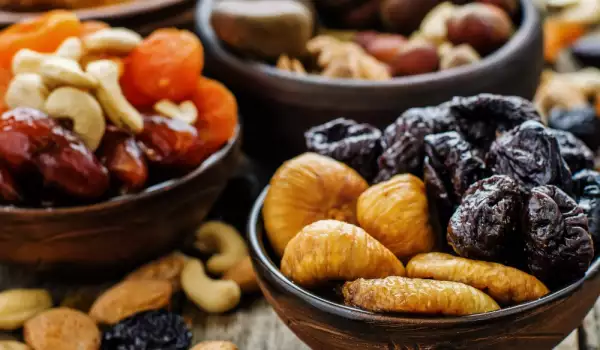
Drying of fruits is carried out under natural conditions in the sun and in the air or in ovens at low temperatures.
During drying, fruits and vegetables undergo a number of changes - physical, chemical, biological. Nevertheless, they remain rich in carbohydrates and minerals.
The fruits should be arranged on wooden racks, exposed to the sun and make sure that they don't touch the soil surface and vegetation. It is best to arrange them in single layers and place them in sunny places with air currents.
You should be prepared to cover the racks in case it rains.
Drying the fruits in the oven can be done regardless of the weather conditions. After the fruit has been cleaned, it is placed in a clean and dry tray. If desired, the bottom can be covered with kitchen paper. The oven is heated to 40-45°C.
It is advisable to dry the fruit overnight. The fruit is considered dry when it does not moisten the fingers when pressed.
Juicy fruits /strawberries, figs, apricots, peaches/ are arranged in the tray in a single row and larger ones with the cut side up. Cherries and similar fruits are dried with the pits, plums with or without pits and pitted ones are chopped.
Check out how to make dried apples or learn how you can dry lemons at home.
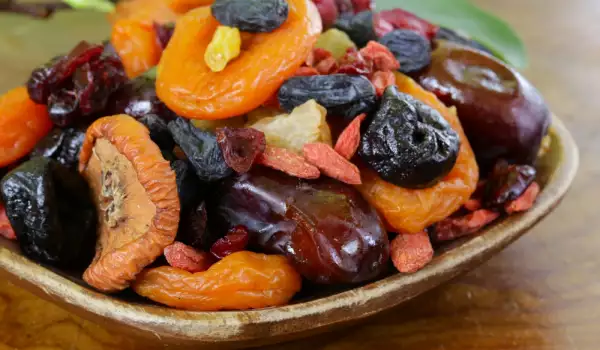
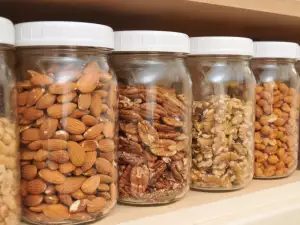


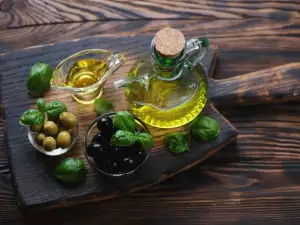

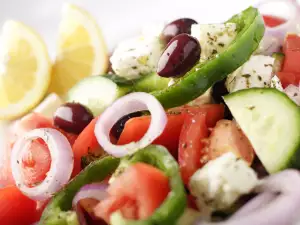
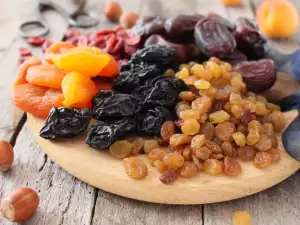
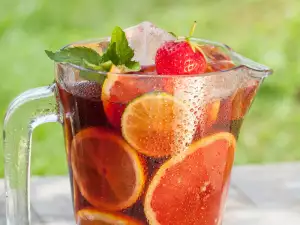

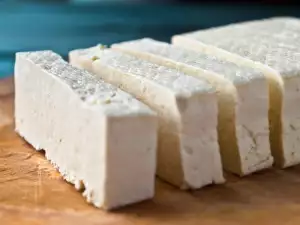
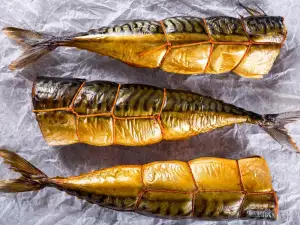
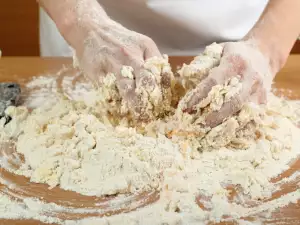
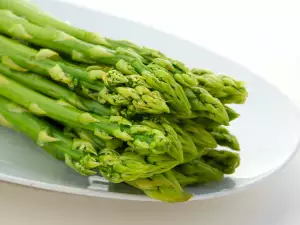
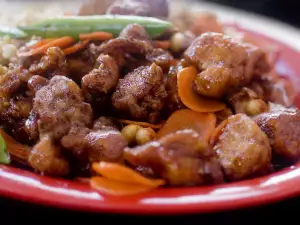




Comments